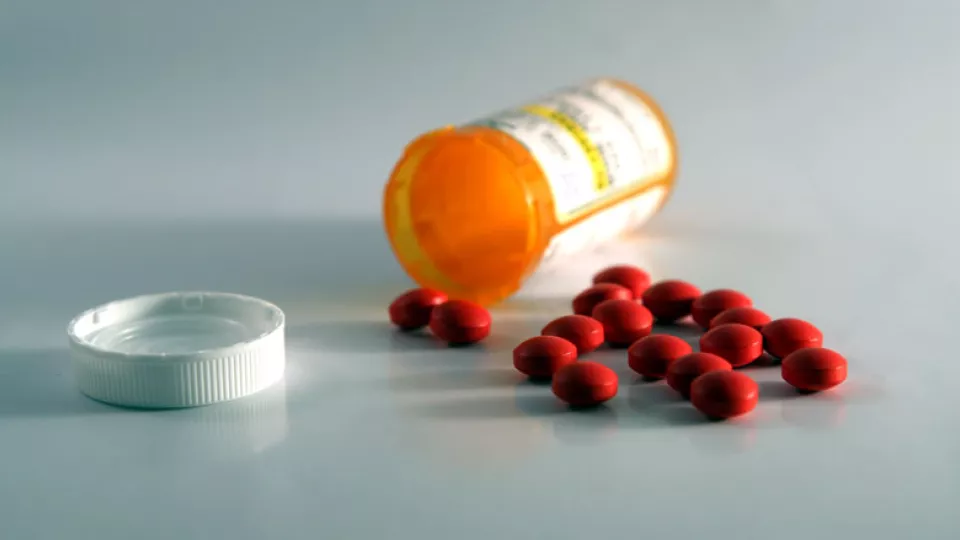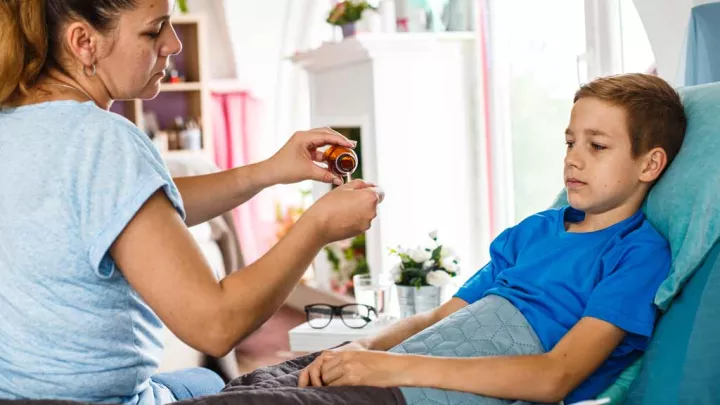
Teens and Opioid Abuse
Studies show that 1 in 8 teens report trying opioids in high school recreationally, and
80 percent of people who use heroin started by misusing prescription opioids. Currently, opioid-related overdoses in teens are on the rise after a short period of decline.
Despite statistics like these, “teens are often overlooked in the conversation about opioid misuse and addiction,” says Lorraine Kelley-Quon, MD, MSHS, Pediatric Surgeon at Children’s Hospital Los Angeles.
Prescription: concern
For some teens, a problem with opioids may start after an injury, dental work or surgery, if they are given prescription meds for their pain. The Centers for Disease Control and Prevention reports that more than 10% of U.S. adolescents received an opioid prescription in 2018.
Other teens encounter opioids through “diversion”—sharing medication prescribed to someone else. The National Institute on Drug Abuse (NIDA) found 57% of 12 to 17 year olds who misuse prescription opioids got them from a friend or family member.
Parents can take steps to ensure that their teens receive appropriate pain control when needed while minimizing the chance they will become dependent on it.
“Speak openly with your child’s surgeon before any operation,” advises Dr. Kelley-Quon. “Encourage your teen to be frank and to share all of their concerns, symptoms and relevant behaviors.”
Addiction is a brain disease
Addiction can affect anyone at any age, but typically begins at a young age.
If your child does become opioid dependent, keep in mind that addiction is a brain disease. Imaging studies have shown changes in areas of the brain in people with addiction that are critical to judgment, decision-making, learning and behavior control.
What makes opioids so powerful? They attach to receptors (molecules) on nerve cells in the brain, spinal cord and other organs. That allows them to block pain messages from the body to the brain. At the same time, the opioids prompt the release of dopamine, a neurotransmitter associated with pleasure and reward.
Your teenager may know that taking opioids is hurting them, and may want to quit, but sheer willpower is rarely enough. “Talk to your doctor, who can recommend the best treatment for your teen,” says Dr. Kelley-Quon.
Despite dramatic TV shows to the contrary, experts say there is no evidence that confrontational “interventions” with drug users are effective. Focus on encouraging your teen to see a doctor. Often, teens are more likely to listen to professionals over family members.
You can find tips on talking about drugs in NIDA’s Family Checkup Tool.


